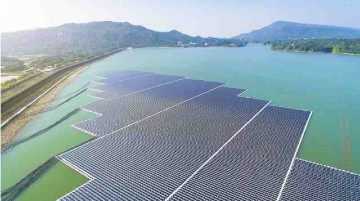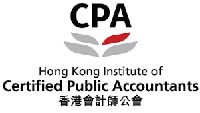At the G20 meeting in Bali in November, Indonesia undertook to i) cap annual CO2 emissions from the power sector at 290 megatons by 2030 (seven years earlier than previously) ii) be producing 34% of that power from renewables by the same year iii) have the whole power sector hit net zero by 2050. In return, the International Partners Group would provide $20 billion of investment. This Just Energy Transition Partnership is ambitious stuff – and necessarily so.
This week, a thoughtful piece from Fabby Tumiwa at the country’s Institute for Essential Services Reform (IESR) in the Jakarta Post (firewalled) points to several logjams to solar playing its part:
- Progress with small scale rooftop PV and larger scale floating PV cannot hide the fact that land acquisition on a utility scale remains difficult and slow in Indonesia.
- Indonesia’s Local Content Regulations are strangling the solar PV manufacturing industry before it has even achieved critical mass. At present, domestic panels are 30 – 40 % more expensive than imported ones.
- Realistically, PLN remains the dominant offtaker yet it still needs to update its procurement systems and bring forward a bankable standard PPA / CfD.
The IESR published its Indonesia-Energy-Transition-Outlook_2023 in December. This passes the thump test, amongst which it notes that “the price of the latest cheapest solar PV reaches USD 4 cent / kWh (without battery) and wind power reaches USD 5 cent / kWh, which are lower than the average coal (USD ~ 5-8 cent / kWh) and diesel power plants (USD ~ 13.4 cent / kWh)”.
Providers of equity and debt will need to carefully examine these comparisons:
- The economic life of solar panels is much shorter than plant which burns fossil fuels.
- There is little discussion on how to decommission solar panels or the cost of disposing / recycling their ingredients.
- All renewables require additional investment in back up capacity / storage and upgrades to the grid to handle their intermittency. This cost might be borne by the grid, i.e. PLN, or it might be put back to individual projects.
Encouragingly, the likes of Saudi’s ACWA and Amazon are pushing ahead. Those with pockets not quite so deep will need to reassure themselves that their projects are fully costed and that their economics will remain attractive and can withstand all foreseen eventualities in a rapidly changing world. As ever, Logie Group stands ready to assist.







